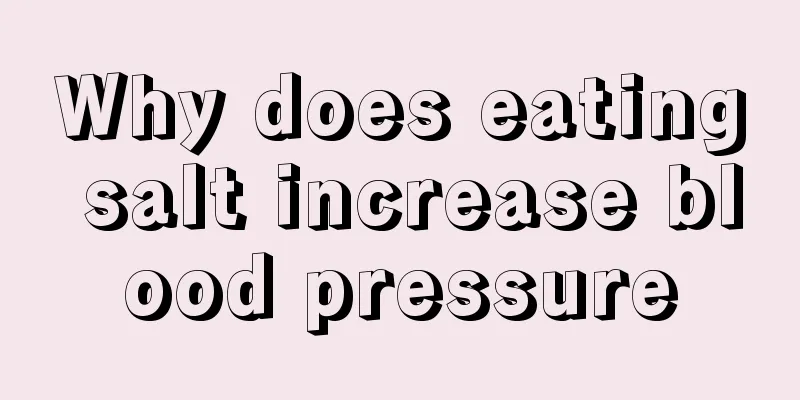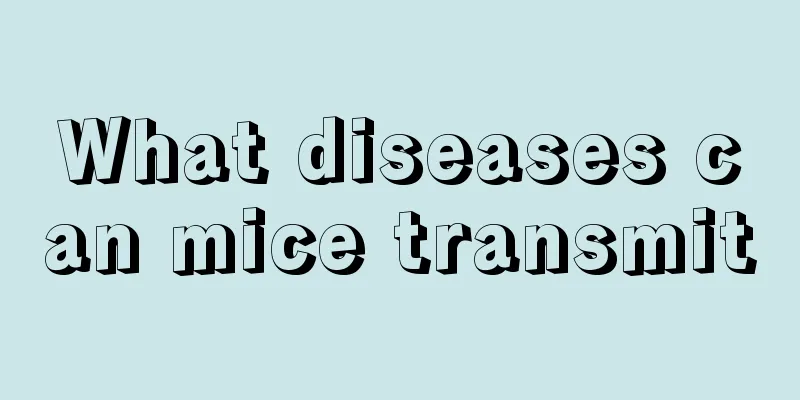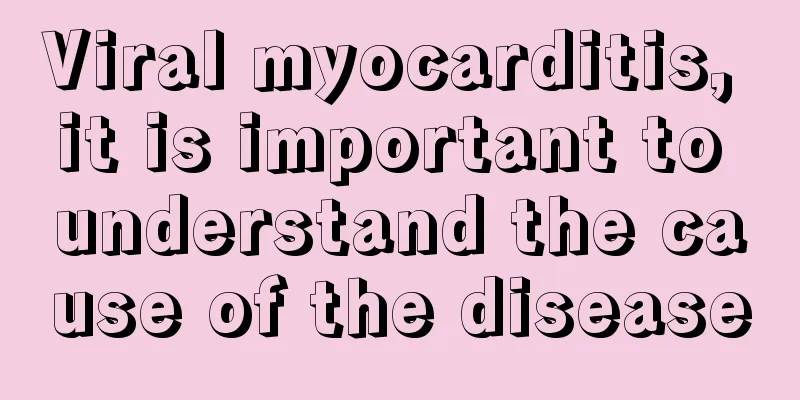Why does eating salt increase blood pressure

|
Hypertension has become a serious disease that endangers the health of modern elderly people. There are many causes of hypertension, among which diet is an important factor leading to hypertension. I believe that everyone has to add salt when cooking, but eating too much salt can cause many harms to the human body. Among them, high blood pressure is a direct consequence of excessive salt intake. So why does salt cause a person's blood pressure to rise? 1. Increased sodium intake in the diet can cause excessive sodium ions to be retained in the body. Sodium retention will inevitably lead to water retention, which increases the amount of extracellular fluid and increases blood pressure. 2. The amount of sodium ions in the extracellular fluid increases, and the concentration gradient of sodium ions inside and outside the cells increases, which leads to an increase in sodium ions inside the cells, and then intracellular edema occurs. The swelling of the smooth muscle cells in the walls of the arterioles causes the lumen to narrow, the total peripheral resistance to increase, and the blood pressure to rise. 3. The increase of intracellular sodium ions inhibits sodium-potassium exchange, allowing more calcium to enter the cell through voltage-sensitive calcium channels. The amount of calcium in vascular smooth muscle cells increases, the smooth muscle contracts, the peripheral resistance increases, and the blood pressure rises. 4. The increase in intracellular sodium ions reduces the electrochemical gradient of sodium inside and outside the cell, thereby reducing the outflow of calcium through the sodium-calcium exchange mechanism. 5. The increase in sodium ions in the presynaptic membrane cells of the sympathetic nerve terminals triggers the calcium-dependent release of norepinephrine, which in turn releases stored calcium. 6. High sodium intake increases sensitivity to the pressor effect of exogenous norepinephrine. 7. High sodium intake increases the number of angiotensin II receptors on the blood vessel walls. 8. High sodium intake increases the number of kidney α2 receptors. 9. High sodium intake excites the sympathetic nerve center, increases the content and uptake of norepinephrine in the hypothalamus, and increases the pressor response to stimulation of hypothalamic neurons. |
<<: Is it good to eat more salt in summer?
Recommend
What are the symptoms of a fast metabolism
In life, I believe many people have heard about f...
What should I do if my foot is swollen after being pierced by a nail
It is very common to encounter some unexpected si...
How to treat lung cancer bone metastasis? The best treatment for lung cancer bone metastasis
Lung cancer is generally difficult to treat. So w...
What to do if the bone doesn't heal
During daily activities, people often encounter v...
Causes of hematuria after strenuous exercise
Hematuria may be caused by kidney disease or acut...
How much does it cost to treat confirmed liver cancer? 4 categories of people who need to prevent liver cancer
Since liver cancer is a chronic disease with a lo...
What should I do if my child has a low temperature?
As children grow, their bodies are in the develop...
Optic atrophy
Many people don’t know much about optic atrophy. ...
How to massage when gallstones attack, teach you these 4 acupoint massage
Gallstones are a relatively common disease. I bel...
What is the treatment for ovarian cancer
Since ovarian cancer has no obvious symptoms in t...
Symptoms of allergy to mosquitoes
Maybe many people in life are allergic to dogs, a...
What is contact lens lubricant and can it be used long term?
Contact lens lubricant is used to care for contac...
Does rock sugar increase or reduce internal heat?
We all know that rock sugar is indispensable in o...
What are the symptoms of diabetic foot disease?
With the development of the times, people's l...
Does saliva contain DNA?
For an adult, the daily saliva secretion is about...









